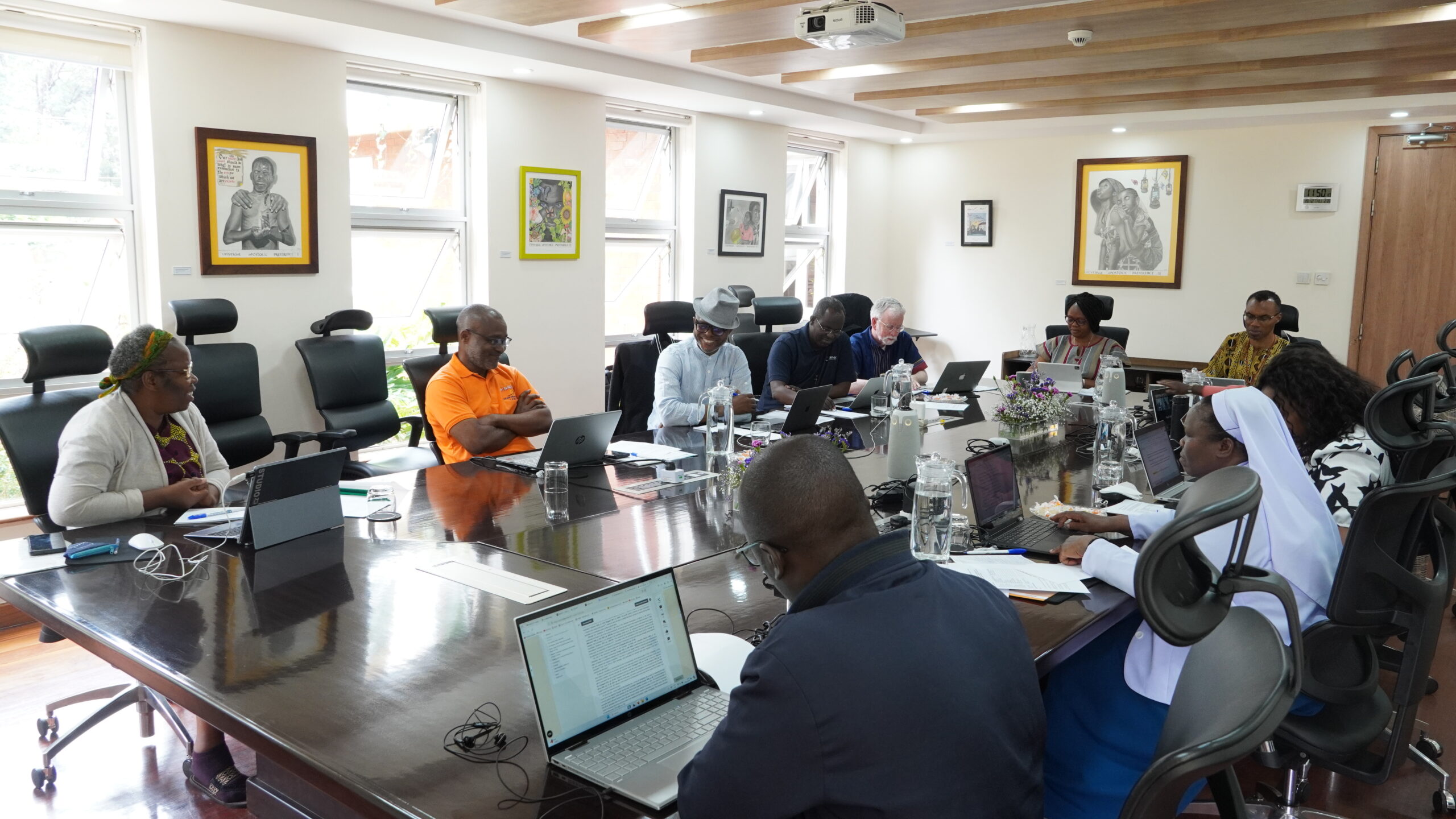By Paschal Norbert
NAIROBI, DECEMBER 19, 2024 (CISA)- In a profound and faith-filled session at the opening of the working group of African Theologians on the Theology of Synodality on December 19, 2024 , a diverse group comprising 14 African theologians, synod delegates, scholars, and communicators convened at Africama House in Nairobi, Kenya, relived their experiences of the historical Synod on Synodality—a multi-year process of listening, dialogue, and prayer that began in 2021 and concluded in October 2024.
Organized under the auspices of the African Synodality Initiative (ASI) and hosted by the Jesuit Conference of Africa and Madagascar (JCAM), the gathering sought to delve into the outcomes of the Synod and explore its theological underpinnings from distinctly African anthropological and cultural perspectives.
The Synod on Synodality, which ended with the final document from the 16th Ordinary General Assembly of the Synod of Bishops, dated October 26, 2024, outlined propositions aimed at fostering a more synodal Church. The final document, voted for by the participants and approved by Pope Francis as part of the Church’s magisterium, calls for structural changes, including more lay and women participation in the Church.
This document is now part of the Church’s ordinary magisterium and is intended to be implemented by dioceses and churches worldwide. It emphasizes transparency, accountability, and the active participation of all Church members, seeking to harmonize decision-making and expand lay roles in ecclesiastical life.
The meeting in Nairobi, held from December 18 to 21, 2024, serves as a follow-up to the gathering that took place on June 20-21, 2024. Drawing from the wealth of discussions surrounding the Synod and the diverse lived experiences from Africa and beyond, participants shared rich reflections on the three-year journey that has engineered conversations and is bringing transformative changes to the Church.
Reflecting on the Synodal Journey
Fr Agbonkhianmeghe Orobator, SJ, Dean of the Jesuit School of Theology at Santa Clara University and Director of ASI, described the Synod as a “grace-filled moment of growth for the Church.”
Reflecting on the Holy Spirit’s work, the Synod delegate remarked, “It left me with a profound sense of privilege to witness this transformative journey.”
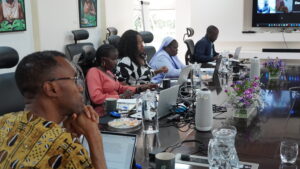
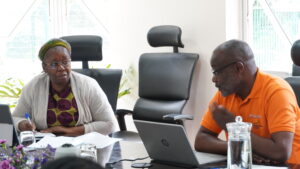
Sr Josée Ngalula, a sister of St. Andrew and the first African woman appointed to the International Theological Commission, highlighted the spiritual significance of the process.
“These years of the Synod have been profoundly important. It has been a spiritual journey that changed me as a Christian and a member of the Catholic Church,” shared the Synod delegate.
Dr Ludovic Lado, SJ, a Cameroonian Jesuit and social anthropologist, pointed to the symbolism embedded in the synodal discussions.
“The roundtable sitting arrangement represents where we aspire to be as a synodal Church—a space of equality and shared voices,” he said.
Sr Anne Arabome SSS, a member of the Sisters of Social Service in Los Angeles, California, and founding director of the Sophia Institute for Theological Studies and Spiritual Formation, shared her reflections on the Synod, highlighting the significance of its inclusive and transformative approach.
“What stood out to me was the profound leadership of Pope Francis and the genuine comfort women experienced throughout the entire process. It was truly a life-giving journey,” Sr Arabome ,remarked, emphasizing the empowering and supportive atmosphere that marked the Synod’s discussions.
Widespread Impact Across Africa
Sr Veronica Rop, a lecturer at the Catholic University of Eastern Africa (CUEA) and former Superior General of the Assumption Sisters of Eldoret (ASE) , expressed optimism about the Synod’s impact.
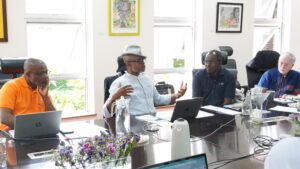
“The journey has been fruitful. The Synod invited all baptized members to join the conversation, and now everyone is talking about it,” she noted.
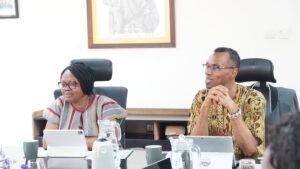
However, challenges remain. Ms Sheila Pires, Communications Officer for the Southern African Catholic Bishops’ Conference (SACBC), pointed out lingering misunderstandings.
“The concept of synodality is still a challenge and misunderstood in the local Church,” observed the Synod delegate and former Secretary for the Commission for Information 16th Ordinary General Assembly of the Synod of Bishops.
Dr David Kaulemu, Dean of the School of Education and Leadership at Arrupe Jesuit University in Harare, emphasized the potential within the Church from the Synod: “There is so much energy from young people and lay members eager to participate actively in the Church’s mission.”
A Call to Action
Fr Chijioke Azuawusiefe, SJ, a lecturer at the Catholic Institute of West Africa (CIWA) in Port Harcourt, Nigeria, reflected on the Synod’s transformative power.
“The Synod was a moment of grace and learning,” he remarked, urging the Church to translate its principles into practical action.
Prof Philomena Njeri Mwaura, a Kenyan theologian and Associate Professor at Kenyatta University, lauded Paragraph 60 of the Synod’s final document, which affirms the equal dignity of men and women as members of the People of God.
“This statement provokes a deeper commitment to equality and inclusion,” she said.
Outcome of Nairobi Meeting
The participants’ gathering in Nairobi marks a pivotal step in the working group’s journey, leading to the release of a post-synodal publication reflecting an African perspective. Scheduled for release in 2025, this monograph on the Theology of Synodality will provide an in-depth theological analysis, enriched by African insights.
The publication will build on working papers addressing themes such as the Spirituality of Synodality, Theological Foundations of Synodality, Charisms of Religious Life for a Synodal Church, Ethics of Synodality, Co-responsibility and Authority in the Church, a Synodal Church for the Young, and the role of Women as Teachers of Synodality, among others.
